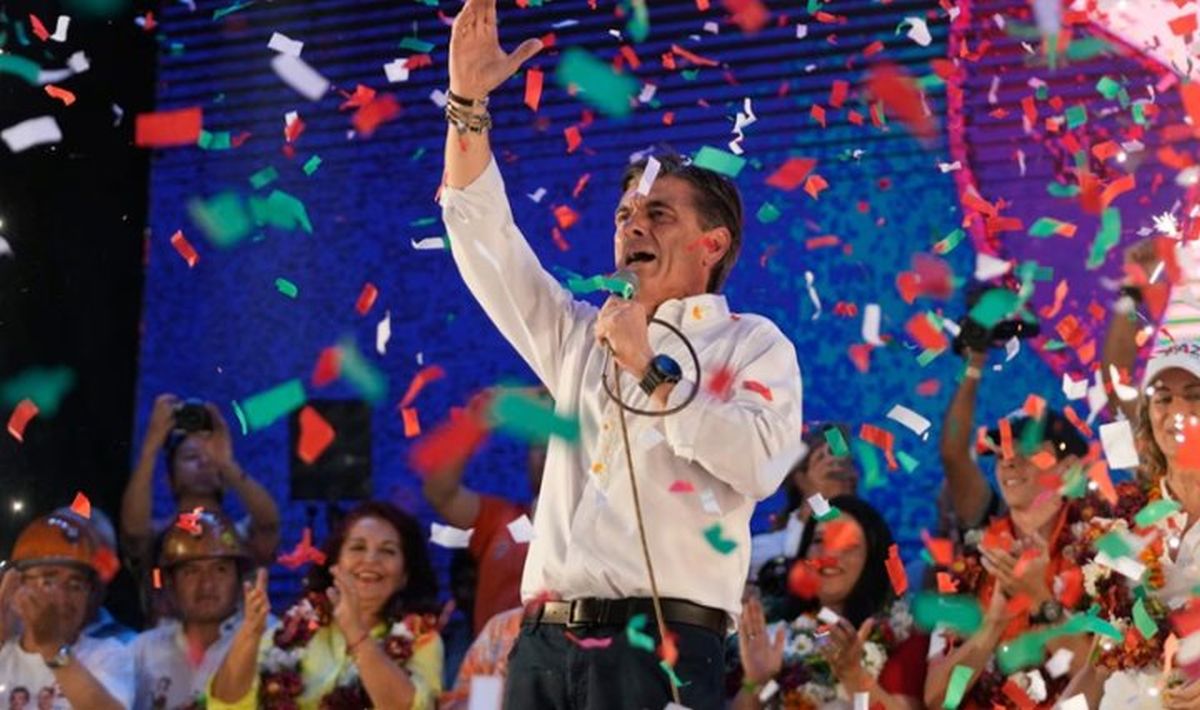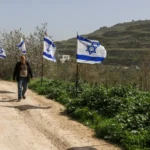
With almost 10% difference, in the second round the PDC won with the Paz-Lara duo. The PDC, a right-wing populism that managed to channel an anti-neoliberal and anti-racist vote, against the Free Alliance duo of the Quiroga-Velasco binomial, at least in broad sectors of the peasantry and workers and popular sectors. Quiroga and Velasco carried out an electoral campaign in which they could not hide their racism and classism. “The collas must be killed all”, “hideous monkeys” and expressions typical of the white-mestizo dominant classes.
The vote for Paz and Lara, contradicting the project of these new rulers – who promised “capitalism for all” – has a conservative and defensive content. Conservative in the sense of wanting to maintain, as far as possible, the social and symbolic achievements that were made during the political cycle of the MAS and that today are threatened by a turn to the right of the entire political system.
This contradiction between the intention of the popular vote and the project of “capitalism for all” must necessarily be resolved to the extent that the new government is pushed to strike with an adjustment plan that will be qualitatively superior to the one that is already being applied. This largely conditions the new government to try to gradually impose a neoliberal adjustment plan and prevent counter-reforms from provoking widespread resistance that threatens the entire government. This represents a strategic problem for the right that, although it has the Plurinational Legislative Assembly (ALP) in its hands, has little margin in the social reality where the relationship of forces between classes is not resolved.
That the MAS has disappeared and imploded as a political formation is not synonymous with the workers and the people being defeated. Let us remember that Paz – Lara’s victory is largely thanks to the evista vote (Evo Morales’ base). However, the vote that gives victory to Paz and Lara is not a blank check.
The return of governance pacts
The new government will take office on November 8 and will have the challenge of overcoming a delicate economic situation whose most irritating expression is the chronic shortage of hydrocarbons motivated by prolonged financial speculation that agroindustrialists and miners have been carrying out. Various analysts agree in stating that, although electoral rivals, Paz and Quiroga need each other if they want to carry out the social and constitutional counter-reforms, which, although with nuances, have coincided.
This need for agreements and governance pacts is urgent due to the weakness not only of the new government but also of the state institutions as a whole, deeply delegitimized, and above all of a deep economic crisis that pushes for greater external debt and the delivery of natural common goods to the voracity of private and foreign capitalists. They need Congress to validate this debt.
The composition of the Plurinational Legislative Assembly (ALP) will be as follows. The senate will be made up of 15 seats for the PDC, 12 for Libre and 8 for Alianza Unidad. In deputies the PDC has 46 seats; Free with 37; Alianza Unidad 26, Súmate 5 deputies and the MAS with all its factions retained 8 seats. Both to carry out the constitutional reforms they want, as well as to validate some international credits, the right needs to obtain 2/3 of the ALP, which will most likely push for the return of the political quota of institutions and spaces of power, as was the case during the “agreed democracy” regime.
Return of relations with the US and an adjustment with a discourse of unity and reconciliation
The PDC entered the elections after presenting its government plan in Washington and with the approval of the imperialist establishment, which led Trump to express his enthusiasm for the reestablishment of diplomatic relations and “cooperation” with Bolivia.
In this, although Paz has expressed his will and willingness to return to the North American area of influence, he has done so with care not to harm, and even less risk or threaten, the good relations with China and together with the BRICS on which the country’s economy is very dependent. In this sense, Paz will lean towards pragmatism rather than a firm ideological affiliation. This location that will be expressed in the international arena in a certain way is also an expression of national policy. In his first public intervention, as soon as his victory was known, the new vice president Edam Lara addressed the media stating that from now on all political colors had to end, that we must work for everyone and for the country, and that it is time to start working for reconciliation and peace. With this he tries to spread a message of national unity in the face of the crisis.
As we know, when the ruling classes talk about “unity and peace” it is always at the expense of the interests and rights of the workers and the people. Faced with this situation, it is necessary to be alert and begin to prepare resistance to the attacks that are already being announced. It is essential to begin by taking stock of the past cycle of the MAS and extracting the revolutionary lessons from the failure of this reformist project.
Source: www.laizquierdadiario.com

